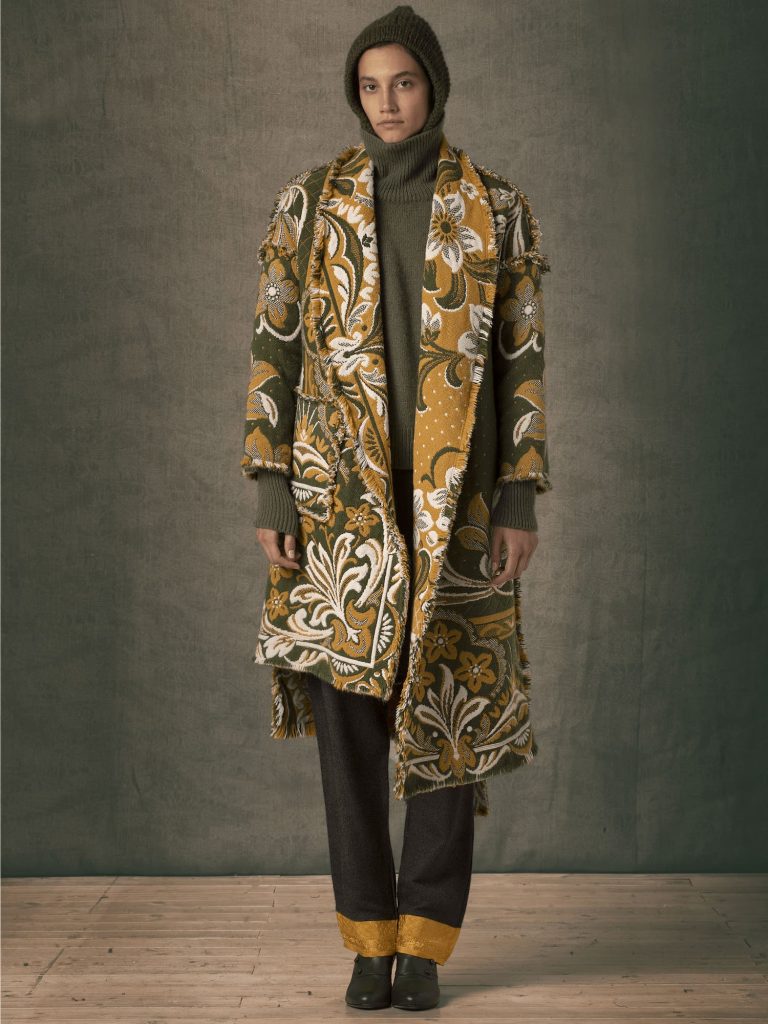Manufacturing of any kind of goods produces desirable and (more often than not)
harmful externalities. Those might not leave a trace on a company’s balance sheet but they have severe consequences for the world we live in.The textile and clothing industry in particular is guilty of prioritizing cheap and poor-quality clothing at the expense of the environment. These
environmental issues are also strictly tied to human rights concerns: to keep costs low, most multinational companies delocalize productions in countries where workers’ rights are less protected.
Ethical manufacturing, on the other hand, takes into account the consequences of the choices taken by a company, and, while recognizing the necessity of production, it aims at minimizing negative externalities with a holistic approach to business decisions.
The role of upcycling
Only in the United States, more than 14 billion kilograms of textile waste, such as old shirts, shoes, towels, bedding, and drapery, enter the waste management system without being recycled. According to a report by the
US Environmental Protection Agency, 95% of that waste could actually be recycled to create new garments and textile products. These numbers only take into account the waste generated by individuals and do not include that coming from companies.Reducing
textile waste is a responsibility of the industry, but consumers can also play their part by avoiding low-quality,
fast-fashion garments and choosing higher-end clothing that is more resistant and can more easily be repaired or repurposed if necessary.
Ethical Manufacturing Means Fair Working Conditions
Like it or not, price almost always is the most important factor that makes or breaks a sell. Multinational clothing companies know it all too well, and they take measures to keep costs at a minimum to offer garments at
ridicously low prices. But this has serious ripercussions on their supply chain as well as the environment: people in sweatshops work long hours for a meagre salary and they might even be exposed to harmful chemicals. The latter are also often disposed of cheaply, according to very permissive laws, polluting the environment of many third world countries.Ethical manufacturers make conscious choices when it comes to production sites and workforce, often opting for local artisans that are paid a
fair wage. These expert workers can also offer their know-how and contribute in the realization of durable garments that will last a lifetime.
Sustainable, Ethical Fashion Made in Abruzzo
Our atelier decided to focus its research on handmade clothing that comes from upcycled material sourced locally.
Vusciché embraces the centuries-old tradition of woolen bed covers woven in the Abruzzo region of Italy and reshapes it into accessories and garments that are imbued with the spirit of this land. Our designers and artisans are part of the same community of people, and we support locals by offering dignity of work and fair compensations. Our final products have a low environmental impact, they are made with natural fibers, and they are designed to last.

